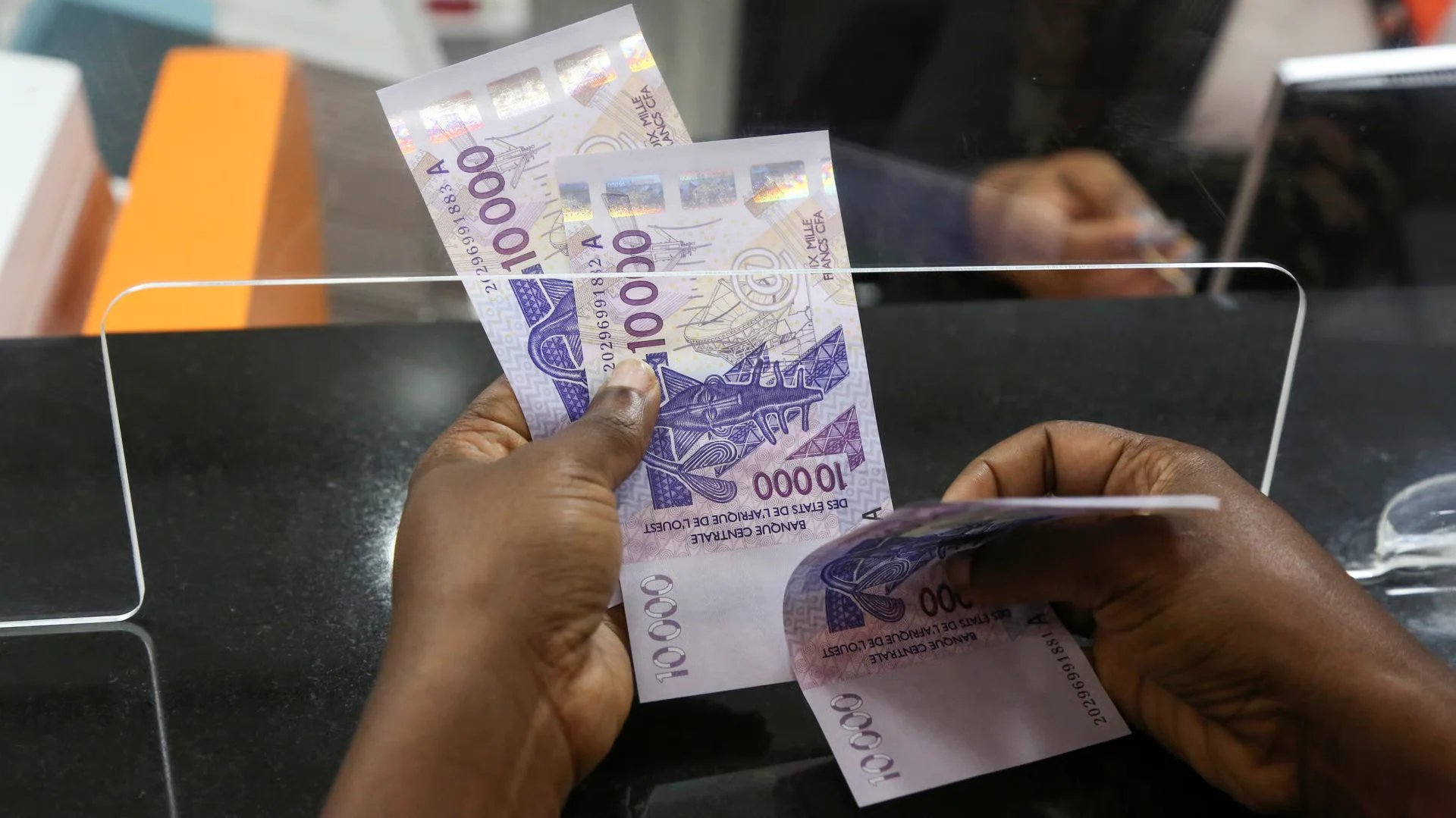Senegal’s new mobile money tax has become the subject of intense national debate. Designed to mobilise revenue through a 0.5 per cent levy on money transfers, the measure attempts to address fiscal pressures, but national economic logic, digital transformation goals, and regional experience all point in the same direction. This approach is likely to cause more damage than benefit.
Mobile money is the primary financial infrastructure for the Senegalese population. With over 90% active usage, it has enabled historic gains in financial inclusion, provided access to essential services, and strengthened the economy’s resilience. Taxing the value of transactions rather than the revenue of service providers goes against principles of fair and efficient taxation. Users, not companies, will bear the cost of the reform, and those users are primarily low-income households who make frequent small payments.
A key concern raised by many economic analysts is that the tax encourages a return to cash. Digital payments increase transparency, broaden the tax base, formalise commercial activity and support public service efficiency. Cash does the opposite. When the cost of digital transactions rises, users will abandon the channel. This will reduce tax compliance, slow the modernisation of public services, weaken transparency and reverse gains made in the digitalisation of essential services.
Agent networks and merchants are also in the direct line of impact. Transaction volumes determine their income levels, and a decline in usage will reduce earnings for thousands of young Senegalese and place additional strain on a labour market already facing intense pressure.
Fiscal expectations tied to this policy are also unrealistic. Experience across Africa demonstrates that transaction based digital taxes generate less revenue than projected, and when digital usage falls, revenue shrinks. A sustainable fiscal strategy requires targeting operator revenues or expanding digital tax collection systems rather than taxing everyday citizen activity.
In short, the reform contradicts the country’s broader vision for digital transformation, inclusion and economic transparency. Senegal has an opportunity to design a more coherent fiscal strategy that protects citizens while stabilising state revenue. Choosing a transaction tax on mobile money is not such a strategy.
Get passive updates on African tech & startups
View and choose the stories to interact with on our WhatsApp Channel
Explore




